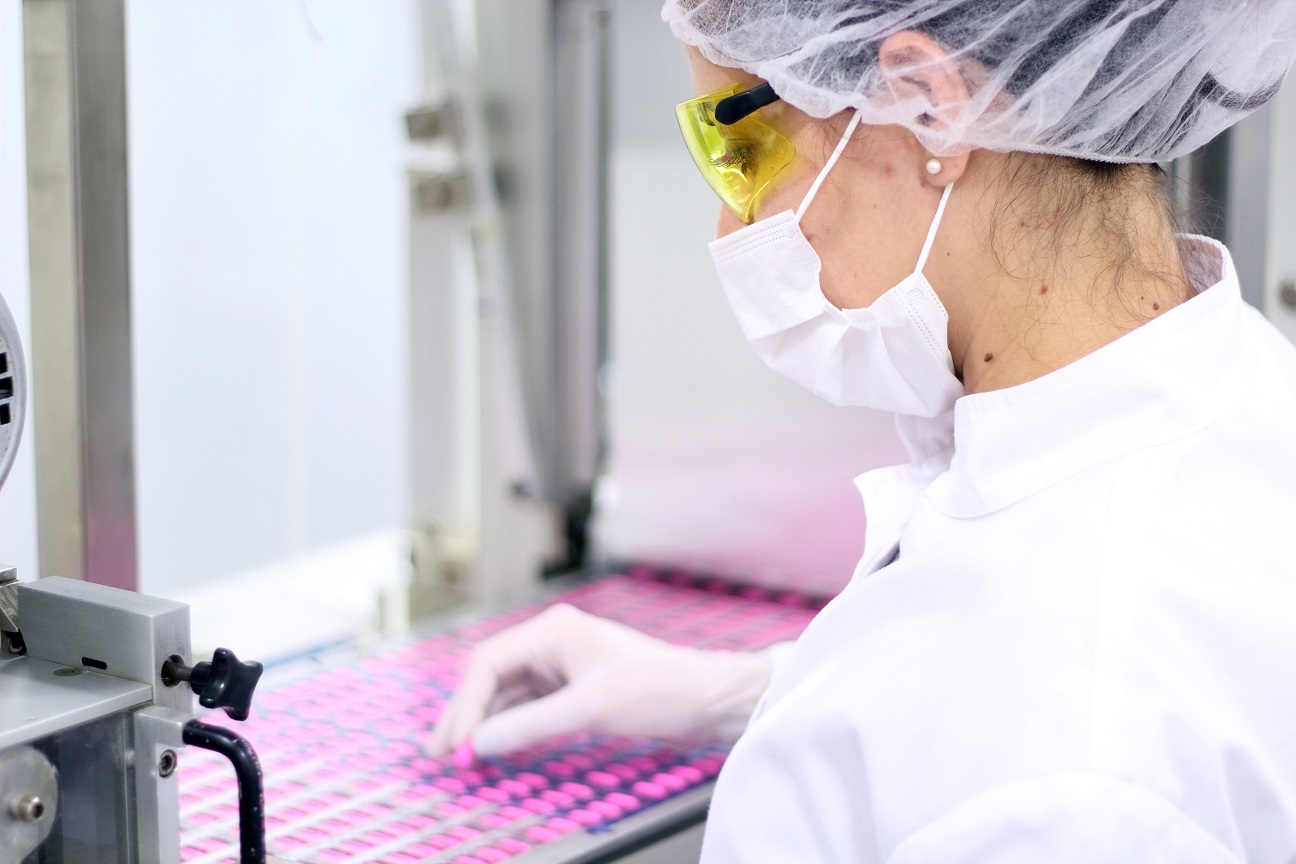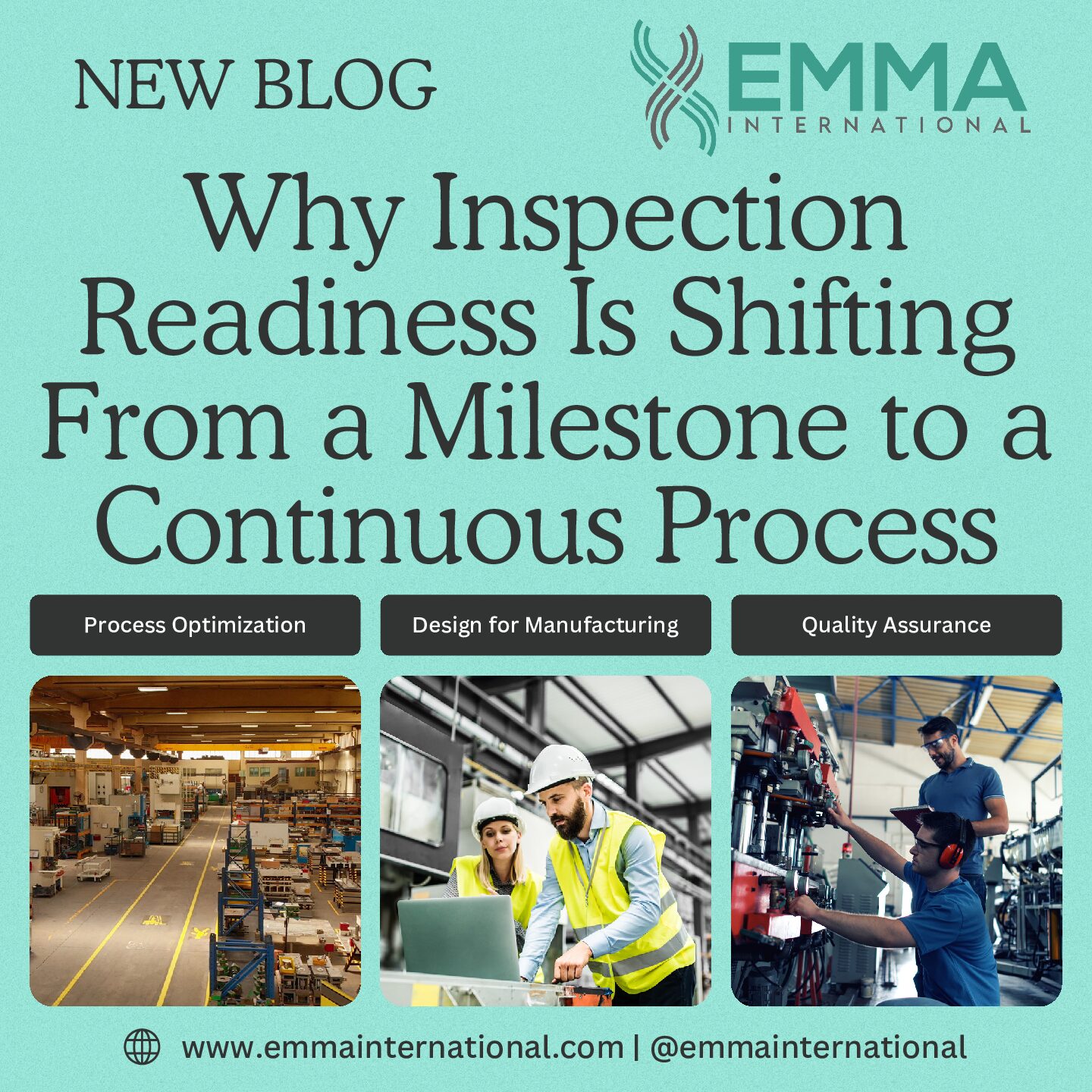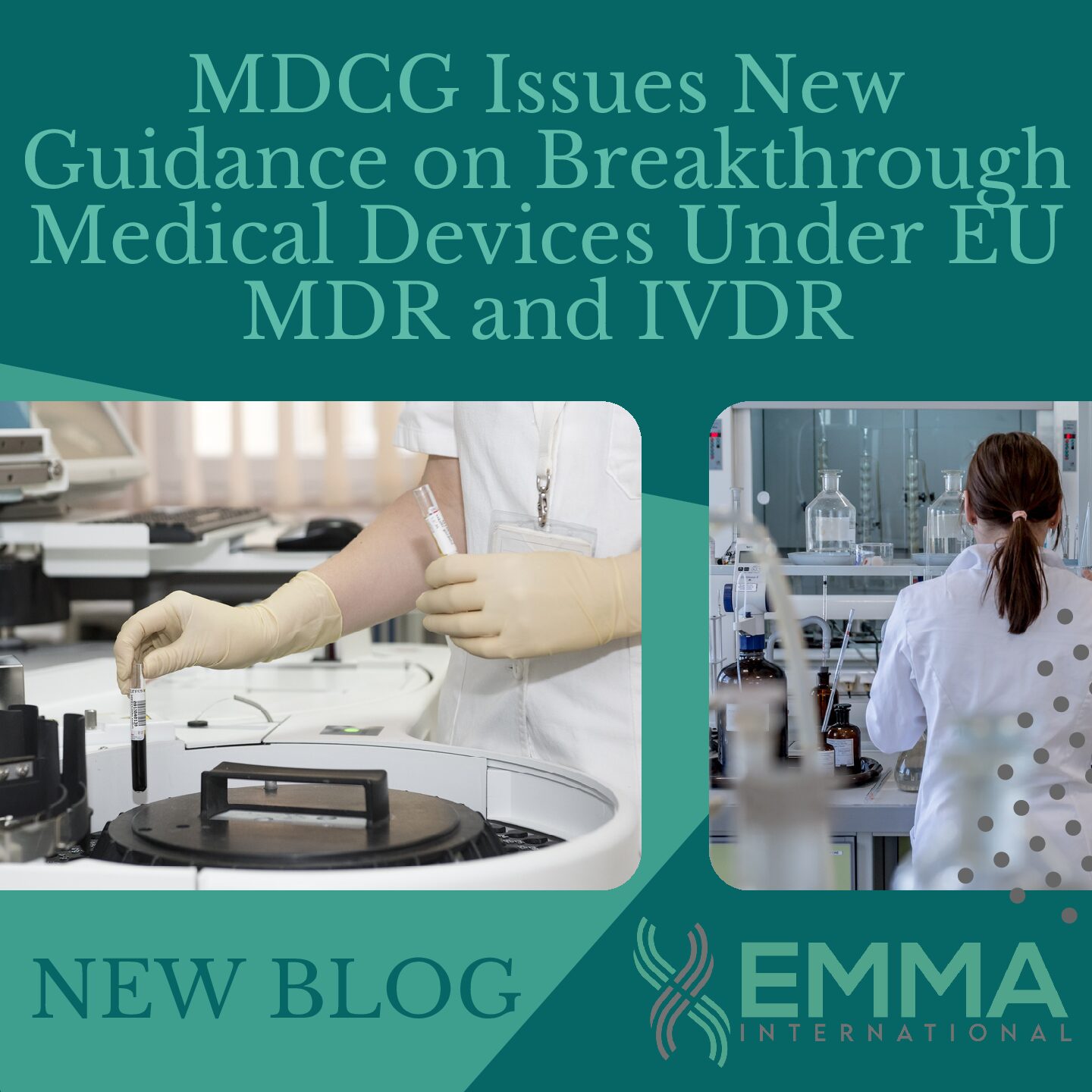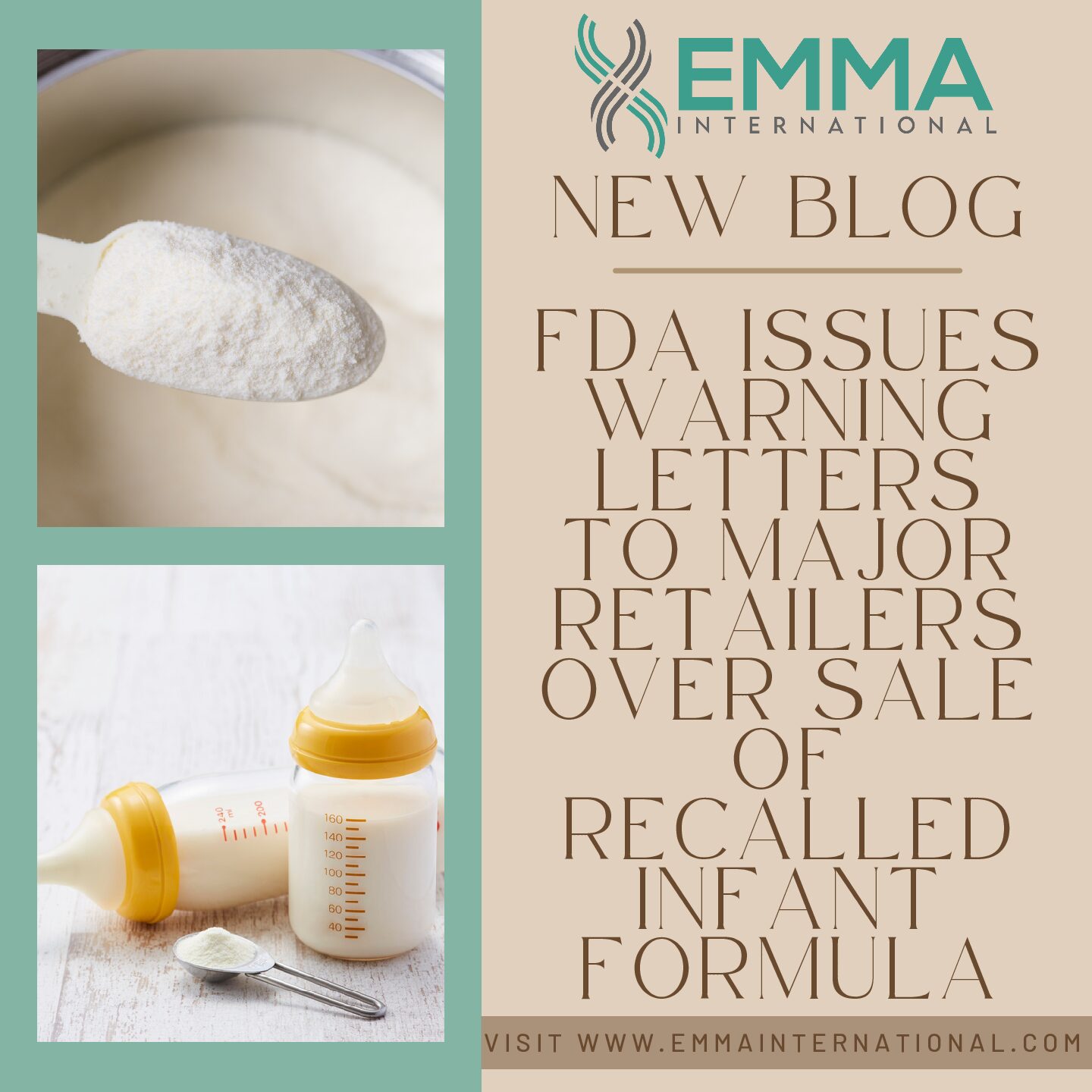When determining which type of water system is needed for pharmaceutical manufacturing it is important to keep in mind how the water will be applied to the product. Water is used for finished products or as an ingredient material. Water that is used for finished products, refers to packaging and labeling where there is a minimal concern for the water utilized. Water that is used as an ingredient material is intended to be utilized in the product of drug products1. There are eight types of water utilized in pharmaceutical manufacturing Non-Potable, Potable/drinking water, Purified Water, Water for Injection (WFI), Sterile Water for Injection, Sterile Water for Inhalation, Bacteriostatic Water for Injection, and Sterile Water for Irrigation.
Purified water and WFI are utilized to produce drug products. Purified water is filtered using reverse osmosis and/or deionized beds. Water for Injections is produced from only distillation or reverse osmosis. To utilize potable water in there is no required Food and Drug Administration (FDA) acceptance testing required unless the water is obtained from a source that does not control water quality to the Environmental Protection Agency standard1. Potable water cannot be utilized in the production of dosage form drug products or for lab test solutions.
Most factors come into play for the sources of water contamination in a pharmaceutical facility. Defects in the piping of a water system may cause contamination of incoming water. The largest factor for contamination in the industry is Microbial contamination of topical drug products due to utilizing contaminated water. Due to the health risks involved with utilizing contaminated water in the process, the Reverse osmosis and deionized water systems should be heavily monitored. Season variations can lead to fluctuations in the microbial content of the intake water and at minimum weekly monitoring of a water system is necessary.
Sand bed filters with or without a chlorination process are quite common in large production facilities. Water for Injection is the superior type of process that the utilized in pharmaceutical products; however, water for injection is only stable at elevated temperatures so purified water is usually the feasible option for most facilities. No matter which type of process water is utilized, all in-plant water treatment systems must be validated to ensure accuracy and observe trends within the system. If your company needs assistance with water system differentiation, microbial monitoring, or system validation EMMA International is here to help. For expertise on water systems for pharmaceutical production contact us by phone at 248-987-4497 or by email at info@emmainternational.com.
________________________
[1] U.S. Food & Drug Administration (August 2014) Water for Pharmaceutical Use, Retrieved on May 25, 2022, from https://www.fda.gov/inspections-compliance-enforcement-and-criminal-investigations/inspection-technical-guides/water-pharmacuetical-use





